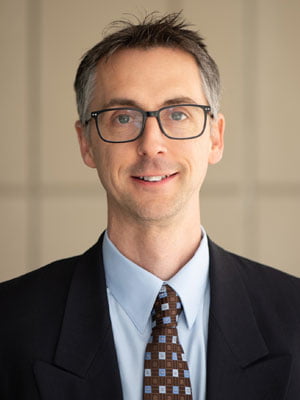Conference Speakers

Stephen Rogers PhD
Assistant Professor of Pediatrics, Center for Blood Oxygen Transport and Hemostasis, University of Maryland
My formal education as an exercise physiologist garnered my interest in oxygen (O2) delivery homeostasis, which inspired me to pursue a PhD probing the role of a blood borne nitric oxide (NO) reserve in the human circulation. This work focused on the role of red blood cells (RBCs) as vascular control elements, able to sense and respond to changes in O2 demand through the release of vasoactive effectors (i.e., nitric oxide and equivalents thereof), modulating regional blood flow to match O2 availability to metabolic demand. My postdoctoral research explored disruption to this essential RBC regulatory signaling mechanism, through acquired RBC injury. During these studies, I identified an underappreciated O2-dependent susceptibility of RBCs to oxidative damage, following exposure to reactive oxygen species (ROS). This led to the observation that RBC antioxidant capacity is tied to RBC energy metabolism and fluctuates as a function of O2 tension. RBCs in arteries (high O2) favor metabolism of glucose via the Hexose Monophosphate Pathway (HMP), which is the only route via which RBCs can recycle the essential reducing equivalent NADPH (utilized by the thiol-based antioxidant system of RBCs), whilst RBCs in veins metabolize glucose more via the Embden Meyerhof Pathway (EMP), which generates NADH (utilized by metHb reductase to regenerate oxidized Hb) and ATP (generating energy for ion pumps). My research explores regulation of RBC energy metabolism and disruption to cell energetics, how this affects antioxidant capacity and influences RBC phenotype resulting in dysregulation (i.e., RBC storage) and disease progression (i.e., sepsis, diabetes, sickle cell, COVID-19).
